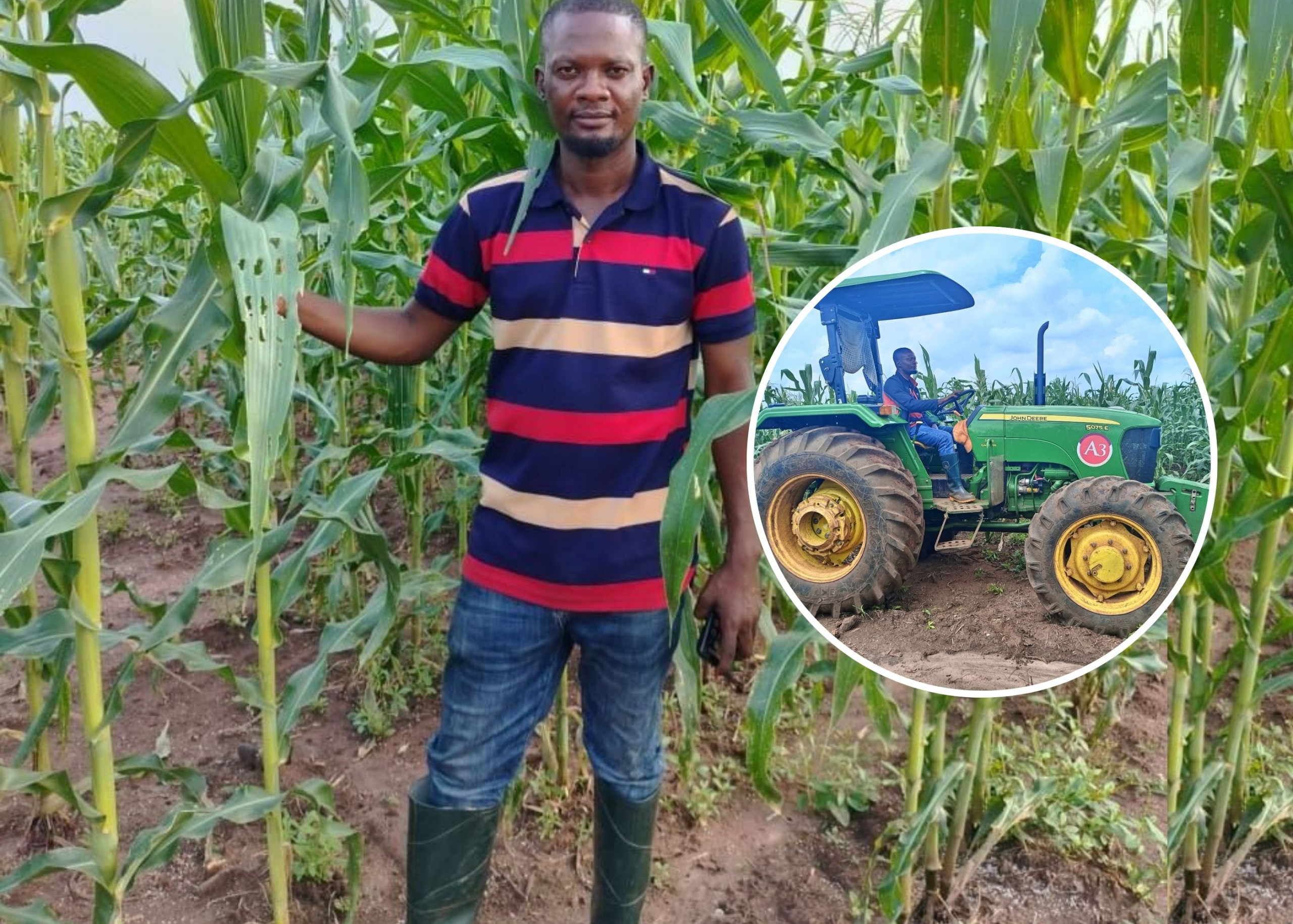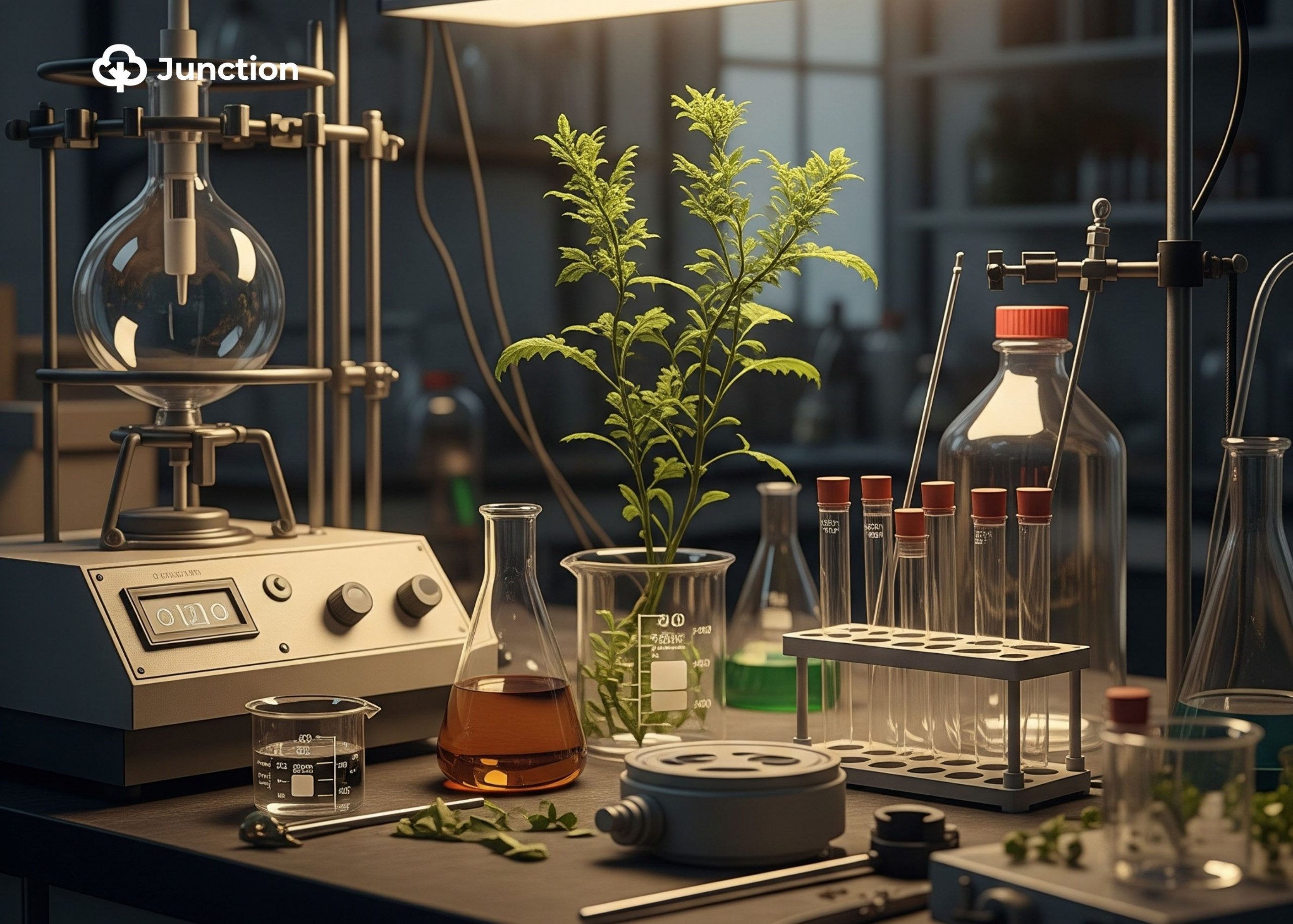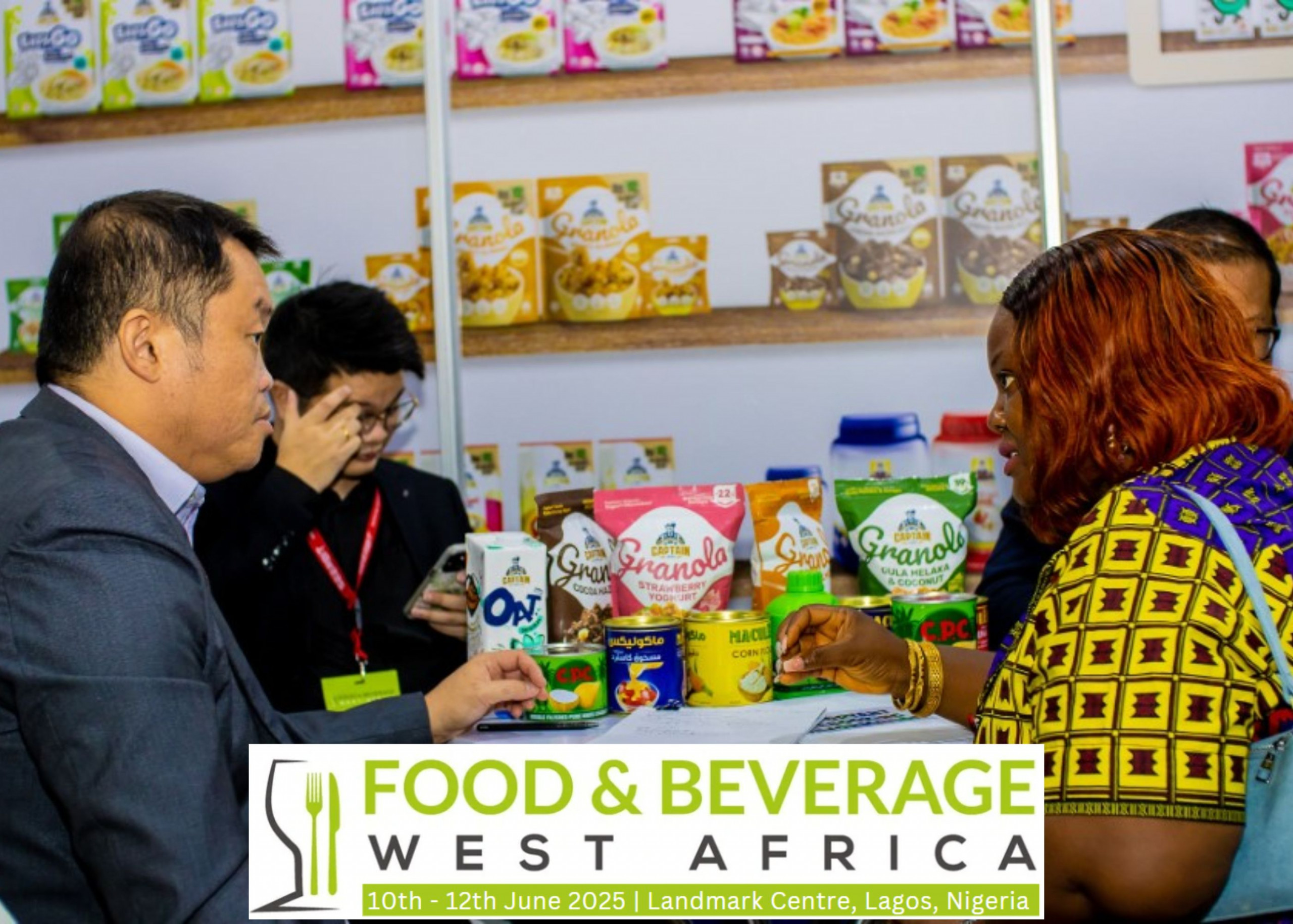Noah’s journey, from his early days at Adeola Farms & Agro-allied Ltd, where he gained farm setup and veterinary skills under Mr. Abisola, to his brief time at Funkola Truevine Farms, establishing over 700 acres of oil palm, cocoa, pineapple, and cashew, reflects some challenges Nigerian agronomists face like poor wages, nepotism, mismanagement and so on.
His role at Edeki Farms, setting up piggery, snail farms, poultry, and over 25 acres of pineapple and plantain, and now as a manager at CWAY Nigeria Dairy Industry, highlights the resilience required to thrive in a country where international qualifications often overshadow local expertise.
The plight of Nigerian agricultural workers
Despite possessing top skills and extensive knowledge of Nigeria’s agricultural sector, Noah and many other Nigerian agronomists often face an uphill battle. One of the most glaring injustices in the industry is the preference for expatriates—professionals from abroad with limited experience in Nigerian soil and farming conditions. These expatriates are often paid as high as five times more than their local counterparts, despite the disparity in understanding the unique challenges posed by the country’s diverse geography and climate. This trend reflects the systemic undervaluation of local talent and expertise, an issue that Noah passionately advocates against.
“Farming in Nigeria is not one-size-fits-all,” Noah explains. “Our soil in the north, for instance, has entirely different characteristics from the south. Nigerian agronomists understand these nuances, while expatriates with less experience come in and receive more recognition and better pay.”
Noah also sheds light on the harsh economic realities faced by Nigerian agronomists and farm managers. Despite their critical role in ensuring food security and sustainable farming practices, many earn meager salaries ranging from ₦50,000 to ₦100,000 per month. “It’s a stark contrast,” Noah observes. “While expatriates are offered lucrative packages, local professionals struggle to make ends meet.”
From humble beginnings to leading CWAY Nigeria Dairy Industry
Noah’s story began at Kogi University, where he earned his first degree in Soil Science and Agronomy. Over the years, his commitment to mastering sustainable farming practices set him apart.
Today, Noah is the Arable Manager at CWAY Nigeria Dairy Industry, where he oversees the cultivation and management of crops vital to dairy production. His responsibilities range from ensuring the best practices in crop management to leading a team of farm workers dedicated to implementing innovative agricultural techniques.
At CWAY, Noah applies his expertise in sustainable farming, a practice that reduces environmental impact while improving agricultural yields. He also draws on his experience from previous roles at Funkola Truevine Farms and Edeki Farms, where he honed his skills in farm management and project support.
The role of soil science and sustainable practices
Noah’s deep understanding of soil science has proven instrumental in his work. He has come to view the soil as a living entity, and believes in nurturing it for long-term agricultural success.
“Sustainable farming is about giving back to the soil as much as you take,” he explains. “We need to adopt practices that maintain soil health, reduce erosion, and improve fertility without relying on harmful chemicals.”
He highlights his experience working on multiple farm projects where he introduced crop rotation and cover cropping, practices designed to improve soil health and sustainability.
“We don’t just grow crops; we nurture the land for future generations,” he adds. These sustainable methods have contributed to reducing costs and increasing yields, especially at CWAY, where Noah has led successful initiatives in sustainable dairy feed production.
Challenges in the Nigerian agriculture sector
Noah is candid about the challenges facing the Nigerian agriculture sector, particularly in the area of sustainability. The lack of infrastructure, insufficient funding, and limited access to modern farming technologies remain major obstacles.
“There’s a lot of potential in Nigeria’s agriculture, but we lack the necessary investment in technology and training,” he points out.
At work, one of his biggest challenges was ensuring that modern farming techniques are adopted consistently across all stages of production. He has found that many farmers still rely on outdated methods that deplete the soil and lead to lower yields.
“We need to change the mindset of farmers. It’s about moving from subsistence farming to a more scientific approach,” Noah says, reflecting his vision for the future of Nigerian agriculture.
Opportunities for sustainable agriculture
Despite the obstacles, he believes that Nigeria’s diverse climate zones offer unique advantages for different types of crops, and with the right support, the country could become a powerhouse in agricultural exports.
However, he emphasises the need for the government and private sector to work together to provide farmers with access to modern tools and techniques.
“The world is moving towards climate-smart agriculture,” Noah observes. “If Nigeria doesn’t adapt, we’ll be left behind.”
He remains hopeful that increased awareness of sustainable practices will inspire more Nigerian farmers to embrace change.
Noah also advocates for increased local production of agricultural inputs, such as organic fertilisers and pesticides, to reduce dependency on expensive imports.
His work at CWAY is a testament to his belief in homegrown solutions, as the company sources much of its feedstock locally, contributing to the overall sustainability of the supply chain.
A vision for the future
Noah Captain Daniel’s vision for Nigerian agriculture is clear: a system where sustainability is the norm, not the exception. He dreams of a future where Nigerian farmers are empowered with knowledge, technology, and financial support to thrive in their endeavours.
His passion for soil health, sustainable practices, and project management is not just about producing food—it’s about building a resilient agricultural system that can feed the nation for generations to come.
“Sustainable agriculture is the future,” Noah asserts. “We need to take care of our land if we want it to continue taking care of us.”
He hopes to gain global experience, travelling outside Nigeria to work for farms and agribusiness around the world and in time, establish his own farm.
His story shows perseverance, expertise, and a steadfast commitment to sustainable farming. Through his leadership at CWAY Nigeria Dairy Industry and his extensive experience across multiple farms, he has demonstrated the profound impact that sustainable practices can have on productivity and environmental conservation.
As Nigeria grapples with food security challenges and a growing population, Noah’s work serves as a blueprint for the future of agriculture. His vision for a sustainable, self-sufficient agricultural system is not just inspiring—it is essential.
Also, in a world where local talent is often overlooked in favour of expatriates, Noah encourages Nigerian youths seeking to make significant contributions to agriculture to use the first three years after graduating from school to gain experience and build their value. This will position them for opportunities to negotiate and thrive in the industry.




These are stark realities confronting the agricultural enterprise in the country.